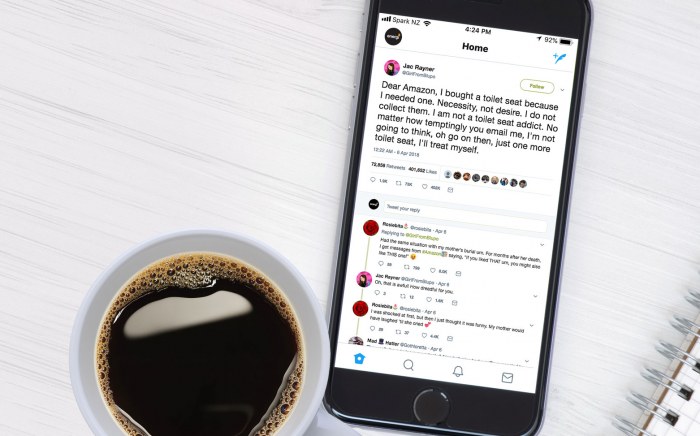From advertising budget cuts to customers watching their dollars, in a recent Marketing Association webinar, marketing guru Mark Ritson explored how marketers can deliver successful campaigns in a climate of uncertainty.
Ritson reflected back on brands that delivered in similarly disruptive circumstances, alongside those that didn’t – providing viewers practical insights and applications to prevail and even discover opportunities to positively impact businesses of all sizes in the heat of COVID-19.
The Three Economic Phases of COVID-19
Ritson began by exploring what he believes will be the three phases of the pandemic, coining the initial phase of the ‘COVID Crisis’, and predicting it could last up to 18-months.
He believes this current period presents tactical opportunities in which he anticipates will attract a wide spectrum of survival responses. He highlighted the demarcation between three different business responses: to ‘Flex’, ‘Freeze’, or ‘Fix’, depending on your particular circumstances. The real question lies in which direction you should take moving forward.
The wrong way
There is a current plethora of pointless communications from executives ‘feeling the pain’ of the customer. Although not necessarily harmful, it gives an illustration of the overstated role they believe their companies have in the lives of the customer. Further, he noted that although seemingly savvy, the trend towards playful design tricks may come across as insensitive. He used the McDonald’s Brazilian team decision to separate their usually conjoined Golden Arches as an example that while gaining significant media coverage, was rather self-indulgent.
The four horsemen of the tactical apocalypse
Ritson suggests that how we manage Jerome McCarthy’s Four P’s of marketing is more important now than ever. Despite popular tendencies to use a promotion-based approach, any communication attached to COVID is likely to get lost in the noise and appear predictable and clichéd. Further, although un-paid community contribution has intrinsic value, marketers should focus on generating value for both customers and the organisation. He notes Uber, Meny and Woolworths have been exemplifying this in their respective categories, earning revenue as a result; alongside playing their part to keep the economy turning
Thinking along the strategic plane
Ritson advised us to use this time to think within ‘the strategic tent’. Market research insights are not likely to be certain in the heat of Covid’s climate but now is a good opportunity to strategically plan for the year ahead.
Phase Two – The False Penuma
When this crisis phase ends, Ritson suspects we will see a three-week False Penuma – a period where people start to predict changes they hope to see. During this time, we’re also likely to anticipate ‘Bill Withers Effect’ -false claims that the world will change indefinitely due to the crisis. Smart brands will avoid this pitfall, as what we are likely to see is the start of an exogenous recession.
Phase Three – The Exogenous Recession
The final phase will be exogenous because it will be created from an external factor, COVID-19, and dangerous because we think everyone will come out with new energy; when in reality the opposite is true. He emphasised that we have two useful weapons against recession, brand, and advertising and that if you have already residual brand equity; you’ll return to growth much faster than weaker brands.
Advertising during a Recession
In this final sequence, Ritson covered the major trends in past recessions, proving that companies that maintained their advertising investment resulted in a much stronger position compared with those that cut spending. He inferred that those who maintain or increase their budget during and post-recession will be presented with fruitful growth opportunities and see a rise in the extra share of voice ESOV relative to competitors.
This was another great presentation from one of today’s leading lights in the industry. His advice: keep calm and carry on during this difficult time, and prepare your business to be in a position of strength when we make it out the other side.





